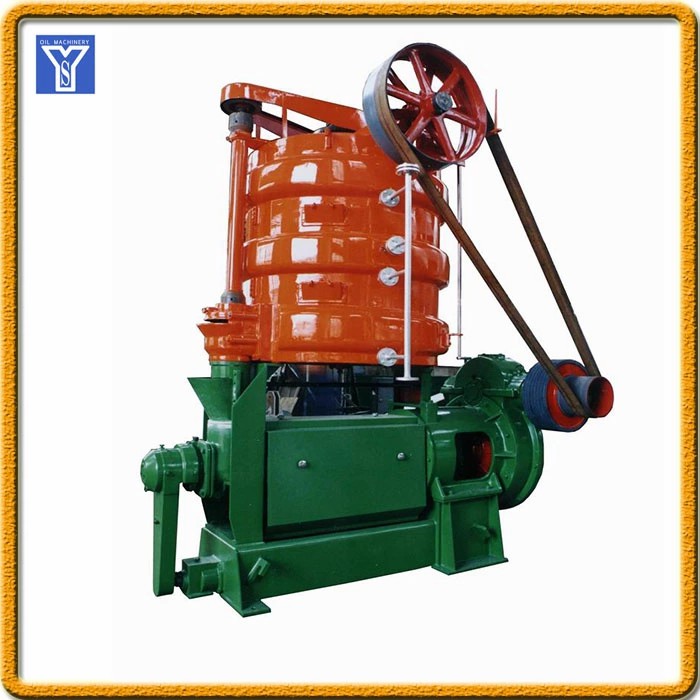Oct . 16, 2024 04:49 Back to list
Efficient Machines for Refining Cooking Oil and Enhancing Quality Production
Exploring the Journey of Refined Food Oil The Role of Refining Machines
In the modern world, vegetable oils have become a staple in our kitchens and food industries. From frying to baking, refined food oils play an essential role in cooking and food preparation. However, the journey of these oils from natural sources to our dining tables involves various processes, significantly aided by the advancements in technology like the food oil refined machine.
Understanding the Importance of Oil Refining
Refining vegetable oils is crucial for several reasons. Raw oils extracted from seeds or nuts can contain impurities, such as free fatty acids, phosphatides, waxes, and off-flavors, which can degrade the quality and shelf-life of the product. Refining processes not only enhance the stability and flavor of the oil but also remove undesirable elements that could pose health risks. Consequently, the food oil refining process is critical to ensuring the safety and quality of vegetable oils consumed by millions worldwide.
The Refining Process
The refining of food oils involves several key steps, typically categorized into degumming, neutralization, bleaching, and deodorization. Each of these stages plays a vital role in producing high-quality refined oil.
1. Degumming This is the initial step, where the oil is treated with an aqueous solution to remove phospholipids. This step is essential because the degumming process helps prevent the formation of undesirable properties during storage and refining.
2. Neutralization Following degumming, the oil undergoes neutralization, where it is treated with an alkaline solution, generally sodium hydroxide. This process helps remove free fatty acids, thus improving the oil's stability and quality.
3. Bleaching After neutralization, the oil is subjected to bleaching, where it is mixed with bleaching earth or activated carbon to eliminate color pigments and further impurities. This stage is vital as it ensures the oil has an appealing light color, enhancing its marketability.
4. Deodorization The final step involves deodorization, where heat and steam are applied to remove volatile compounds that could impart off-flavors and odors. This process enhances the oil's sensory characteristics, making it more appealing for culinary uses.
food oil refined machine

The Role of Food Oil Refined Machines
Modern food oil refining plants utilize sophisticated machines designed for these processes. These machines are engineered for efficiency, increased yield, and high-quality output. Here are some benefits of using advanced refining machines
- Efficiency Advanced techniques, such as countercurrent extraction, allow for the maximum extraction of oil from raw materials, significantly reducing waste.
- Quality Control Modern refining machines are equipped with automation and monitoring systems, ensuring consistent quality and adherence to food safety standards throughout the refining process.
- Energy Consumption Energy-efficient machines contribute to reducing the overall production costs, allowing manufacturers to offer competitive prices while maintaining profitability.
- Environmental Impact Many modern machines are designed to minimize waste generation and reduce emissions, aligning with the global push for sustainable production practices.
Innovations and Future Trends
As the food industry evolves, so do the technologies employed in oil refining. Innovations such as the use of enzymes for degumming and neutralization or the application of membrane technology are emerging, promising to improve efficiency while reducing chemical use. Additionally, the trend towards organic and less processed oils is prompting refiners to adapt their processes to cater to health-conscious consumers.
Conclusion
The journey of food oils from their raw state to refined products that grace our table is complex and fascinating. The role of food oil refined machines is pivotal in this transformation, ensuring that the oils are safe, stable, and palatable. As technology progresses, we can anticipate even more efficient and environmentally friendly methods of oil refining, securing the future of our culinary staples while meeting the demands of a health-conscious society.
-
Oil Processing Equipment - High-Efficiency Flaking Machine
NewsJul.25,2025
-
High-Efficiency Peanut Oil Refined Machine for Quality Oil Production Leading Exporters & Companies
NewsJul.08,2025
-
High Efficiency Sunflower Seed Oil Press – Leading Cooking Oil Press Machine Factories & Suppliers
NewsJul.08,2025
-
High-Efficiency Soybean Oil Press Machine – Leading Exporters & Reliable Companies
NewsJul.07,2025
-
High-Efficiency Seed to Oil Extractor – Reliable Extraction Machinery for Your Business
NewsJul.07,2025
-
High-Quality Pressing Screw of Oil Expeller for Efficient Oil Extraction Leading Exporters & Manufacturers
NewsJul.06,2025
